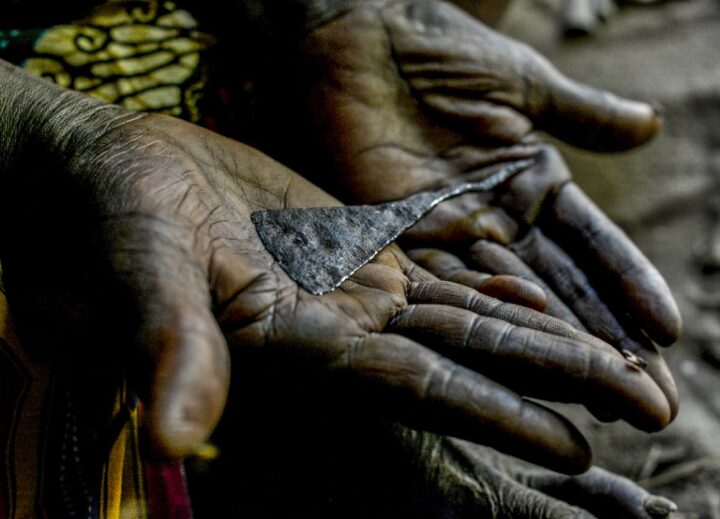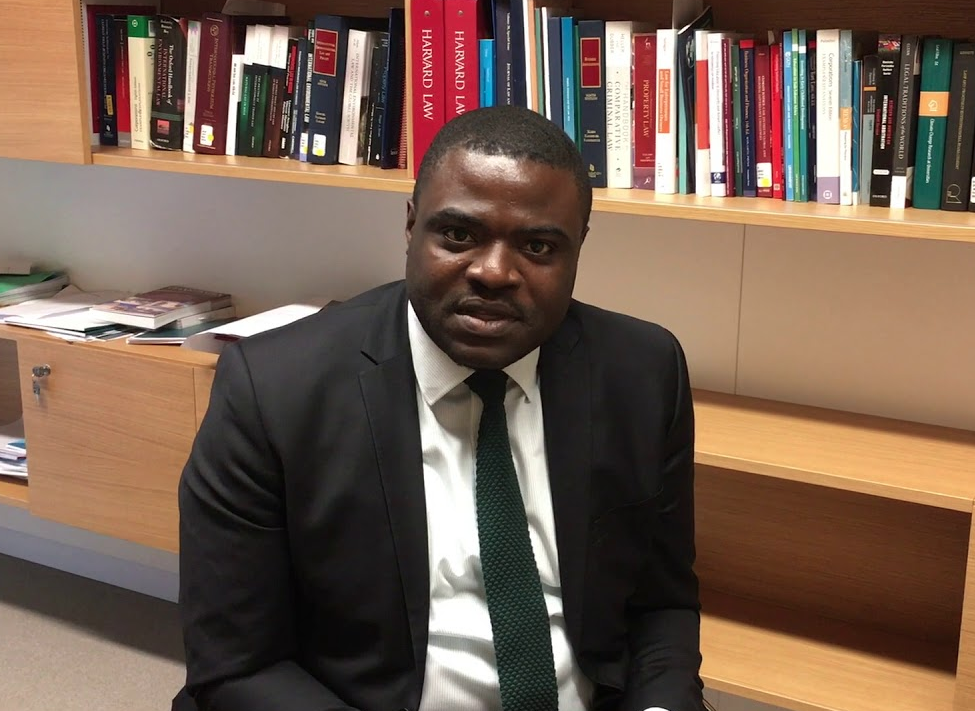© UNICEF/Sebastian Rich
The United Nations Children’s Fund (UNICEF) says Nigeria has the third-highest cases of female genital mutilation (FGM) globally.
Peter Hawkins, UNICEF representative in Nigeria, said this in a statement to mark the International Day of Zero Tolerance for FGM, on Sunday.
According to the World Health Organisation (WHO), female genital mutilation (FGM) is a traditional and harmful practice that involves the partial or total removal of external female genitalia or other injury to female genital organs for non-medical reasons.
Hawkins said Nigeria has an estimated 19.9 million women and girls who have survived FMG, adding that 86 percent of females were cut before the age of five while eight percent between ages five and 14.
Advertisement
He listed Ebonyi, Ekiti, Imo, Osun and Oyo as states with highest cases, adding that about three million girls and women would have experienced FGM in the last five years.
He said COVID-19 and school disruption contributed to the surge in the number of FGM cases recorded in the country.
“Female genital mutilation (FGM) remains widespread in Nigeria. With an estimated 19.9 million survivors, Nigeria accounts for the third highest number of women and girls who have undergone FGM worldwide,” he said.
Advertisement
“While the national prevalence of FGM among women in Nigeria aged 15-49 dropped from 25 per cent in 2013 to 20 per cent in 2018, prevalence among girls aged 0-14 increased from 16.9 per cent to 19.2 per cent in the same period, according to NDHS figures.
“An estimated 86 per cent of females were cut before the age of 5, while 8 per cent were cut between ages 5 and 14.
“Millions of girls are being robbed of their childhoods, health, education, and aspirations every day by harmful practices such as FGM.
“The practice of FGM not only has no health benefits – it is deeply harmful to girls and women, both physically and psychologically. It is a practice that has no place in our society today and must be ended, as many Nigerian communities have already pledged to do.
Advertisement
“Across Nigeria, disparities in the practice exist. State prevalence ranges from 62 per cent in Imo to less than 1 percent in Adamawa and Gombe. The prevalence of FGM is highest in the south-east (35 percent) and south-west (30 per cent) and lowest in the north-eastast (6 percent).
“UNICEF is initiating a community-led movement to eliminate FGM in five Nigerian states where it is highly prevalent: Ebonyi, Ekiti, Imo, Osun and Oyo. Nearly 3 million girls and women would have undergone FGM in these states in the last five years.
“FGM is recognized internationally as a violation of the human rights of girls and women. It reflects deep-rooted inequality between the sexes and is an extreme form of discrimination against girls and women. It is nearly always carried out on children and is a violation of children’s rights. The practice also violates a person’s rights to health, security and physical integrity; the right to be free from torture and cruel, inhuman or degrading treatment; and the right to life, in instances when the procedure results in death.
“The International Day of Zero Tolerance for FGM reminds us that we are not alone in this work and that we need to accelerate efforts – especially with families and communities – to achieve a Nigeria safe for girls and women and finally free of FGM.”
Advertisement






